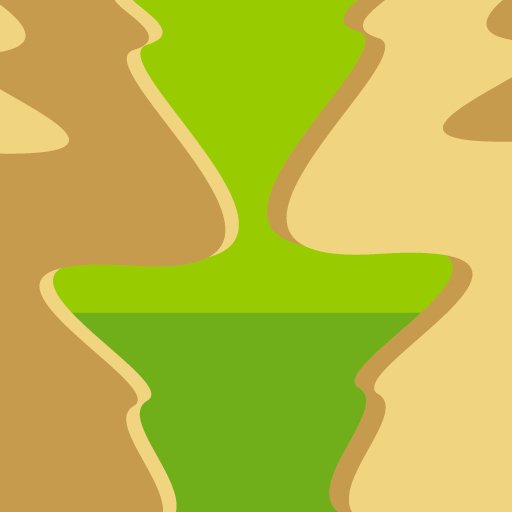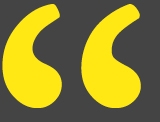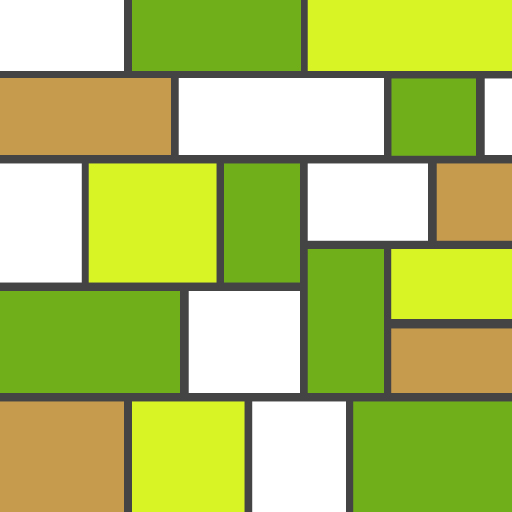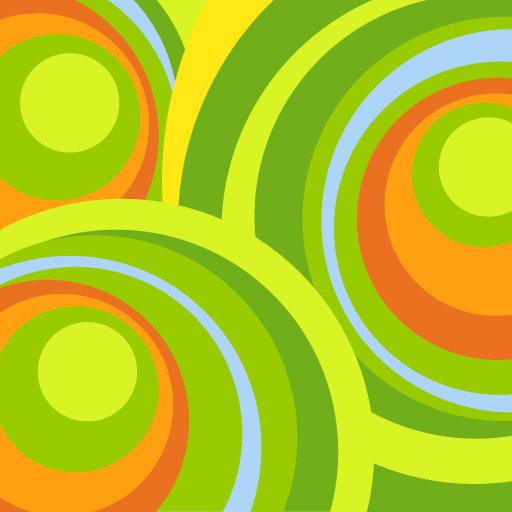Where is the environment in all this?

Woven into the fabric of the easy town story
The climate crises and environmental damage are rarely named in the easy town story since the aim to coexist with nature, to restore nature and to avoid exploitation of nature and humans alike are part of the very fabric of the easy town story.
The discussions in the story focus on the roots of humanities crises and on what could be changed to secure a dignified future for all humans and a future for the planet.

There was anger in Tom’s eyes when he said: ‘How is any of this going to end hunger, war, illness, injustice, fanaticism, terrorism, global warming?’
‘It’s half past nine. And that’s what you want to talk about now? All right. In short: With a single town we can help to rethink whatever needs rethinking. We can test ideas and deliver tangible and reproducible results. War, hunger, global warming and all the rest are consequences of inadequate practices. By tackling root problems in our town experiment, we might find adequate practices which in turn might influence all of the above positively.’
book 1, beginning
Views on climate change in 2016
Towards the end of book 1, beginning, the project teams introduce the draft for the town at the project’s first conference. You can read the team presentations on the towns and cities websites. The town ideas include a number of points which are relevant for how we can coexist with nature.
There is also a Q & A at the conference which covers a lot of relevant subjects. When Alice and Tom are asked about their view on climate change, Alice answers as follows:

‘You know, climate change doesn’t really matter to me.’
The temperature in the auditorium dropped by several degrees. If only it were this simple for the climate, Alice thought.
She straightened a little in her seat and continued: ‘Do I believe that the climate changes? Sure, it’s what it does. Do I believe these changes are inflicted by humans? Sure, every single element contributes to the composition of air or water. How much more a whole human?
And yet, I don’t ask questions about climate change. I would even say: Look, this subject is a little too hot and abstract for me since people could argue that to this day nobody even knows how to make a reliable weather forecast.
For me, it’s all about the choice between: bathing in plastic or not; drowning in waste or not; eating food full of pesticides or not; walking in the stench of exhaust fumes or not; seeing stars at night or not; witnessing the beauty of forests and wildlife or not; living with the constant hum of engines or not. Unfortunately, I could go on and on with this list … The point for me is that it doesn’t matter whether or not we are responsible for the present climate changes. What matters is that our planet is limited and that with our present business practises and lifestyles we are pushing the planet and our very existence over the edge. We humans need certain conditions to survive on this planet. Most of them start with clean: clean air, clean drinking water, clean oceans, clean soil … Others with intact: intact forests, intact coral reefs, intact rivers and lakes, intact health, intact social relationships, intact business relations and so on.
In our project, we focus on what causes the deterioration of our planet, and on what makes us sick. Not on the probable effects these causes have on the climate.’
book 1, beginning
Views on climate crises in 2022
The answer above was written in 2016/17. The points are still valid, but if the scene were set in 2022, it would have sharper edges, and it would contain a clear message that we don’t have any time to lose. And that we can’t expect to somehow get away with poisoning ourselves and our habitat.
But such a speech might also include an attempt at making this about shaping the world, about creating, about acting together, about discovering the potentials and also fun of rethinking — well, everything.
On a related note:
Rethinking business practices is essential to restoring the environment — our habitat
Why?
By following our present business goals, practices and theories, we continue to destroy our habitat.
We produce what we don’t need, thereby wasting resources, increasing waste, polluting land, air and water. We are building high-carbon infrastructure, instead of rethinking infrastructure and the way we build it. And we are exploiting our fellow humans, because we are obsessed with flooding the markets with cheap and easily breakable products.
This is just a portion of the damage we do to ourselves by believing in economic theories which have served generations of humans to devastate the planet and bring misery to millions of people while infusing a small portion of the world’s population with a superiority complex that has no basis other than self-deceit, short-sightedness and the childlike believes in fairy tales that speak of a need to conquer and control.
The business ideas presented on the easy town websites take the injustices and damages caused by the western world into account, and the proposed business models will empower people from around the world and repair damages without creating dependencies.
For an introduction into rethinking business practices take a look at the category: rethinking business practices on this website.
dot.perspectives

The environment
The environment is essential to human survival, it’s neither an asset nor a dump.
The environment
The environment doesn’t need the human, but the human can’t survive without an intact ecosystem.
dot., the book
dot. is the idea for an international fashion company.
Links
Posts

It’s absolutely no problem to destroy the planet. But we could rebuild it, restore it, make it flourish. Just saying.
Notes for easy town


